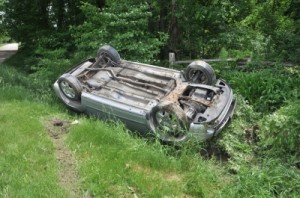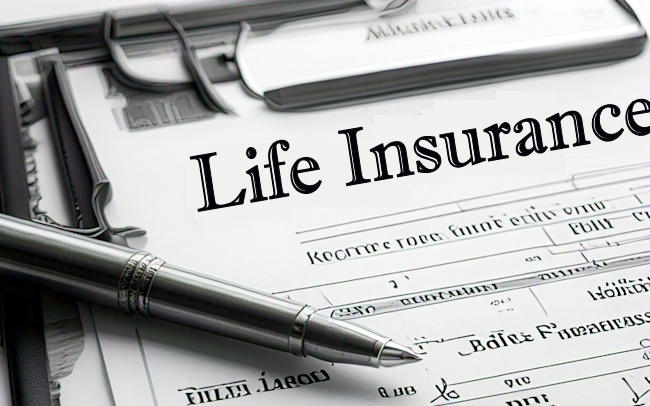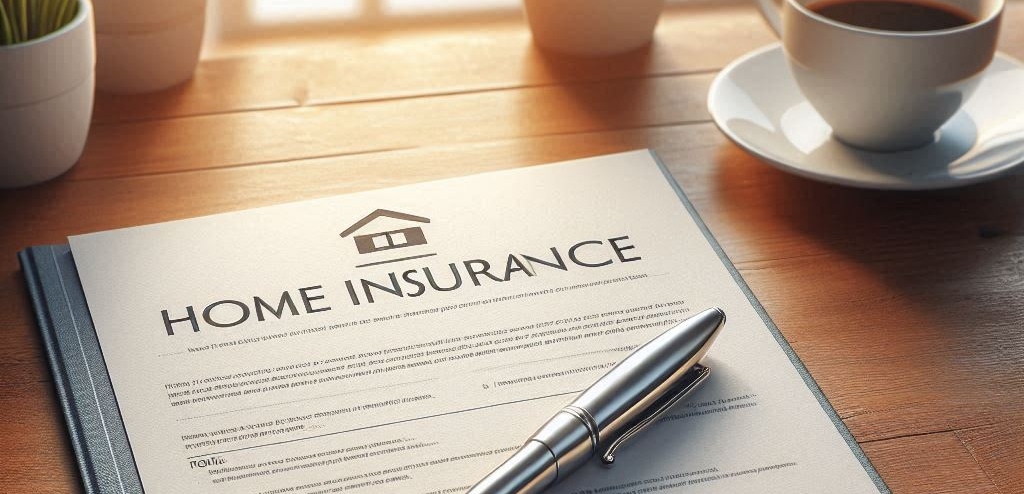There are several major components of car insurance including “liability”, “collision” and “comprehensive”, in a nutshell, liability covers you if someone sues you while the others cover the repair or replacement of your vehicle. see Car Insurance Terminology for Newbies for more details.

One reason people have too much insurance could be because drivers of old cars continue to keep the same amount of coverage even though the value of the car decreases. Drivers of new cars will want to make sure that all the expensive spare parts are replaced or costs are compensated in case of any damage. The question of how to know what is the right amount of car insurance arises. The interesting thing is that this study came from an insurance company called “Santam” in South Africa and they provide a car calculator to help their customers determine the correct amount of insurance.
If you don’t live in South Africa you can still calculate your risk.
First, you need an estimate of the value of your vehicle. The easiest way to find that would be to go to a car site like Kelly’s Blue Book and find out how much it would cost to buy a car just like yours. Kelly’s provides several ways to look at the value of your car. The first is how much a dealer would give you, (wholesale) this is the lowest value. Second is called a 3rd party sale where you sell it yourself and finally how much you could buy it for at a dealer (retail) which would be the highest price.
By comparing these prices you can see how much risk you have. The insurance company will often try to give you the dealer wholesale price but when you go to buy another car, it is going to cost you the retail price. Or if you are lucky you might be able to buy it from another person at the 3rd party price.
So the first risk you have is the difference between the wholesale value and the retail value. You should ask your insurance agent which one they use. After all if your car will cost you $10,000 to replace but the insurance company will only pay you $7,500 because that is what a dealer would have paid, you are still on the hook for $2,500.
The other thing to take into consideration is how much the insurance is costing you. If you have $7,500 worth of coverage and it is costing you $100 a year that is one thing but if it is costing you $1,500 a year you might want to reconsider. One major consideration is your driving habits and experience. Do you take a lot of risks? Do you do a lot of city driving? How likely are you to have an accident? How devastating would a total loss be to your financial situation?
If you have no savings and feel that having to buy a new car would be totally impossible for you or if you are still making payments on this car you will have to pay whether you like it or not. But if you have some savings and you have your car paid off, then you have more options. You could put the $1,500 in a special car fund every year and then after 5 years you could put that $7,500 toward a new car, where if you had paid insurance and not had an accident you would have nothing to show for it.
Another Scenario
What if your car is only worth $1,500 and the collision/comprehensive insurance would cost you $1000? Is it worth it? Believe it or not, things like this happen more often than you think. It happens primarily because people don’t check their coverage every year. They just pay the premiums year after year and after a while the payments are more than the car is worth (even if the company decreases them slightly due to the age of the vehicle). And this doesn’t take into consideration, the payments that you have made over the past 5 years that you never used. This is why it is important to reevaluate your insurance coverage every year and decide if it is appropriate for your current situation.
See Also:
- Common Myths About Car Insurance
- 5 Ways to Save on Car Insurance You Might Not Know About
- The Ins and Outs of Car Insurance
- Do You Know That You Can Lower Your Car Insurance Costs?
- Five Ways To Save On Car Insurance Costs
- Car Insurance Terminology for Newbies
Car Insurance Resources from Amazon:
- Ten Questions – The Insider’s Guide to Saving Money on Auto Insurance: Hidden Discounts Revealed
- Be Insurance Savvy: Home, Auto, Dwelling, Renter’s, Flood and other Personal Insurance Explained (Volume 1)
- How To Save Money on Car Insurance: The “must have” insider’s guide to saving money on car insurance in the UK
- Vehicle Insurance: Beware: Double Coverage Save $22,000 with the right policy
- Cheap Insurance for Your Home, Automobile, Health, & Life: How to Save Thousands While Getting Good Coverage
Image courtesy of Bill Longshaw / FreeDigitalPhotos.net



